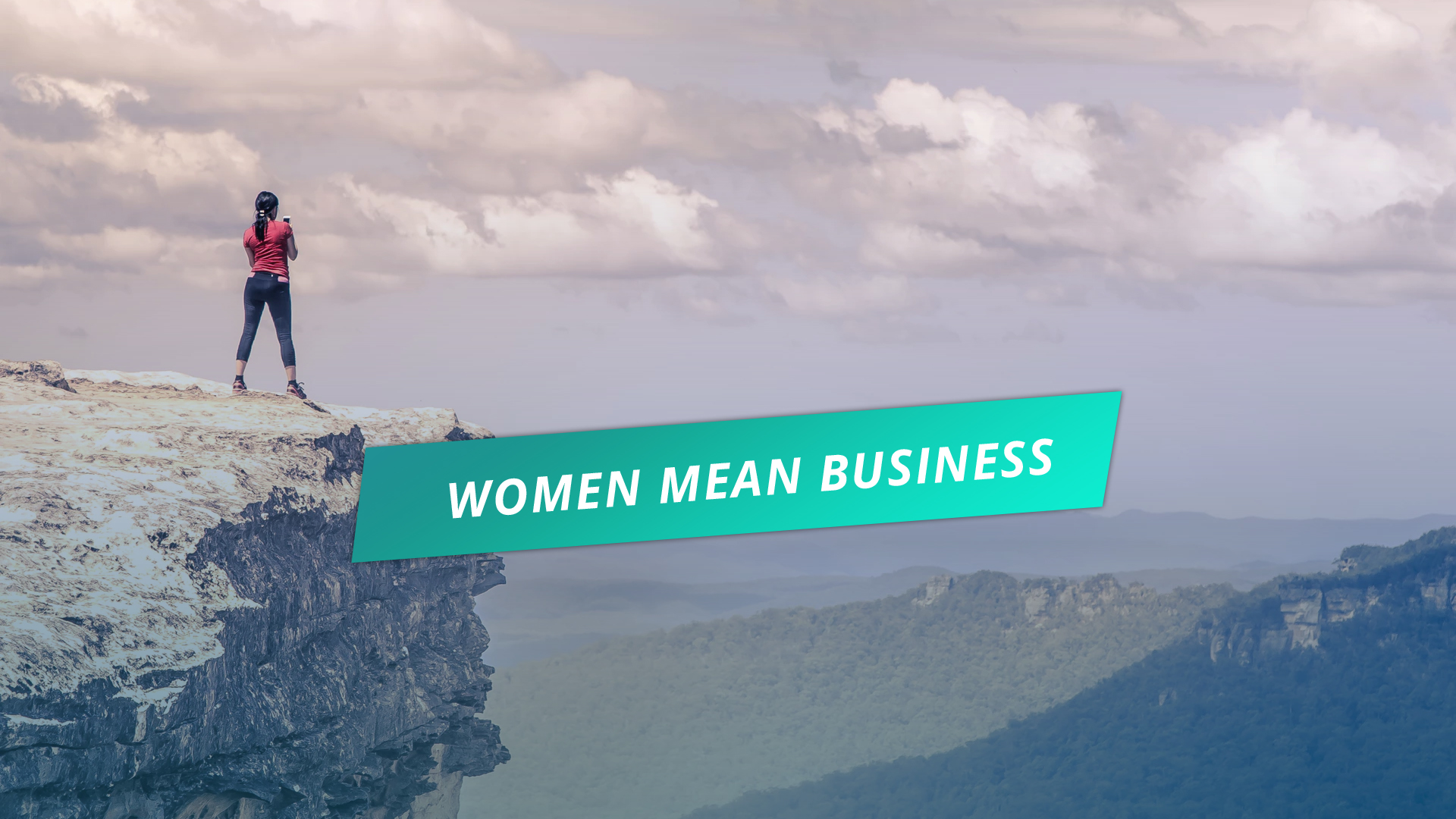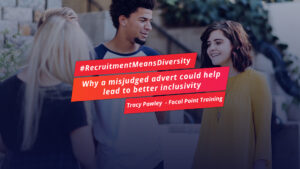We’ve all heard in the news recently about the gender pay gap, but have you heard of the gender confidence gap? We’ve all heard in the news recently about the gender pay gap, but have you heard of the gender confidence gap? Many women in business are held back from climbing the hierarchal ladder because of a lack of self-esteem and ultimately confidence in their abilities.
Men are often expected to be the ‘bread winner’ in the family, and it is this perception that is making work life harder for women all over the world. It is these differences between men and women, with men still tending to hold higher positions and earning higher salaries which is knocking the confidence of women, when they compare themselves to men.
A study by Wiebke Bleidorn, Ph.D., University of California, asked over 985,000 people, across 48 countries, questions on their self-esteem. The results have shown a significant universal disparity between men and women, with trends of lower self-esteem being observed in women when compared to men. This is apparent across all 48 countries, with larger differences in more developed, western countries.
Following the study, they have published a map showing the level of difference in self-esteem between men and women across the world. The areas on the map that are deeper blue show where there is a larger difference between men and women, which can be seen across the western areas. The eastern countries have more of a pink hue which shows less difference between men and women, but the issue is there nonetheless.
One suggested reason for this is that women in western societies are more likely to compare themselves to men, whereas women in eastern societies, are more likely to compare themselves to other women. When women compare themselves to men their perception of themselves is skewed, therefore possibly knocking their self-belief. An interesting insight on this comes from Founder of Financial Executive Women, Judith Beck, on why women might be missing out. Judith talks in this video of her experience in headhunting people for positions. She found that women tend to be more loyal and err on the side of caution, they stick with what they know. Men, however, were much more open to finding out more and willing to step outside of their comfort zone.
The example she uses is when she would phone a woman to suggest meeting for a coffee to discuss a potential opportunity. The woman would reject the chance to even find out more, saying that she is happy with where she is working. But when she would do the same with a man, he would say ‘thank you for calling, what’s in it for me?’. By the men being more open to finding out more about opportunities, they are able to put themselves forward, which can put them ahead of women.
So, is it that women prefer to stay in their comfort zone and don’t want the risk involved in moving jobs? There is the possibility that men and women are actually hard wired differently, and women are happy to stay where they are. We need to be careful not to push these people who are genuinely happy, but to encourage the ones that do want more, but are worried about the risks and taking a chance.
It is our responsibility, in the recruitment industry to persuade potential female candidates to put themselves forward for roles. There are reports that state that 75% of the workforce are passive candidates, who are employed, not currently looking for a new role, but willing to discuss a new opportunity. We don’t know the split between men and women in this, but we do know that women may be harder to encourage to look at these opportunities, meaning they are likely to miss out.
To solve this and surrounding difficulties for women in business there is a lot of work to be done. The prejudices and perceptions are not going to go away overnight, and equally this is not something that one can be solved by having an inclusive and diverse workforce in one or two companies alone. We collectively, all over the world, need to encourage and build up the confidence of women in the workplace to seek those opportunities and believe that those higher positions and salaries are not out of reach for them.
Share :




